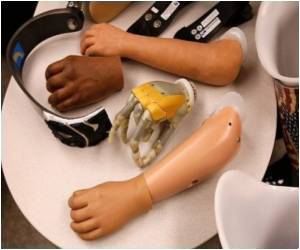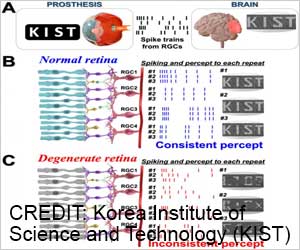MyoSuite is a set of musculoskeletal models that can facilitate applications with rehabilitation, surgery, and shared autonomy assistive devices.
‘MyoSuite is a set of musculoskeletal models that can facilitate applications with rehabilitation, surgery, and shared autonomy assistive devices.’





"This research could accelerate development of prosthetics, physical rehab, and surgery techniques. It could also help us develop more realistic avatars for the metaverse," said Mark Zuckerberg, Meta CEO. MyoSuite is a set of musculoskeletal models and tasks that enable the application of ML to solve biomechanic control problems.
"MyoSuite unifies the two facets of intelligence: motor and neural. We’re releasing MyoSuite and open-sourcing a set of comprehensive benchmarks for the ML community to enable continued research in this area," Meta said in a statement.
The researchers developed and solved a few of the most complex motor control behaviors that haven’t been done before -- including dexterous manipulation, like twirling a pen in your hand or turning a key.
"We have made significant progress on challenging tasks such as the simultaneous manipulation of two Baoding balls in one hand," said Meta.
Advertisement
It is designed from the ground up as a comprehensive platform for investigating the physiological details behind musculoskeletal motor control.
Advertisement
The company said it’s opening up the musculoskeletal models built through MyoSuite to researchers.
Source-IANS














